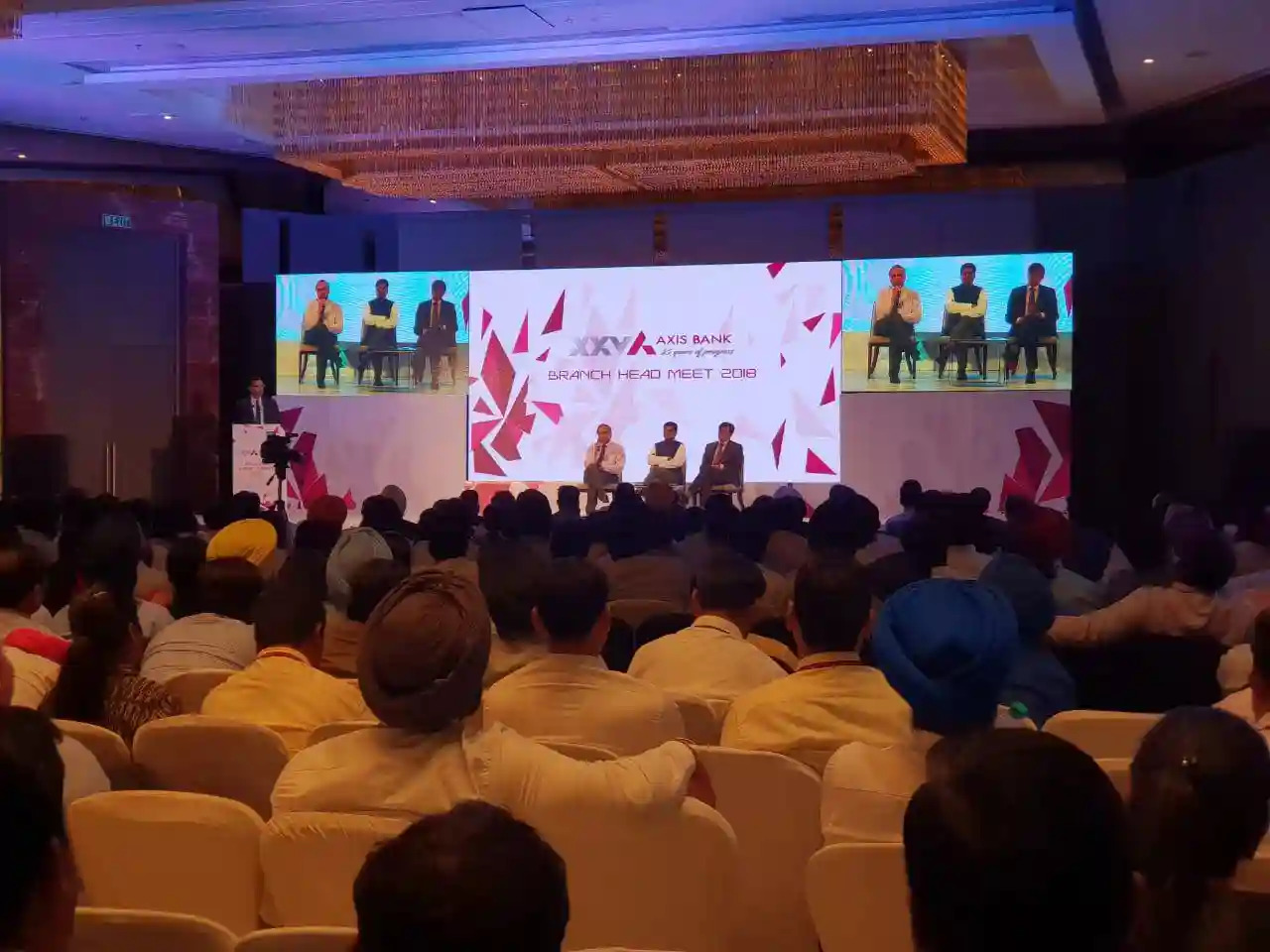
Enquiry
10 Event Industry Trends You Must Know in 2024

10 Event Industry Trends You Must Know in 2024
As we step into 2024, the event industry continues to evolve, driven by advancements in technology, shifting consumer preferences, and emerging market trends. Event planners and organizers must stay ahead of the curve to deliver memorable and impactful experiences for attendees. Here are 10 key trends shaping the event industry in 2024:
1. Hybrid Events Take Center Stage
Hybrid events, combining in-person and virtual elements, have become the new standard in event planning. As technology continues to improve and remote connectivity becomes more seamless, hybrid events offer organizers the flexibility to reach wider audiences and provide enhanced engagement opportunities for both in-person and virtual attendees.
2. Sustainability Becomes Non-Negotiable
With growing environmental concerns, sustainability has become a top priority for event planners. From reducing carbon footprints to minimizing waste and incorporating eco-friendly practices into every aspect of event planning, sustainability is no longer an option but a necessity in the industry.
3. Personalized Experiences Cater to Individual Preferences
Attendees expect personalized experiences tailored to their interests and preferences. Event organizers are leveraging data analytics and technology to gather insights into attendee behavior and preferences, allowing them to create customized experiences that resonate with each individual participant.
4. Immersive Technologies Transform Events
Virtual reality (VR), augmented reality (AR), and mixed reality (MR) are revolutionizing the event landscape, offering immersive experiences that transport attendees to new realms. From virtual venue tours to interactive exhibits and immersive brand activations, these technologies are reshaping the way events are planned and executed.
5. Safety and Security Remain Paramount
In the wake of global security threats and health concerns, ensuring the safety and security of attendees is of utmost importance. Event organizers are implementing robust security measures, including enhanced screening procedures, emergency response protocols, and health and hygiene initiatives, to provide peace of mind for participants.
6. Experiential Marketing Takes Center Stage
Experiential marketing continues to gain momentum as brands seek innovative ways to engage with consumers. Events offer a unique opportunity for brands to create memorable experiences that foster genuine connections and drive brand loyalty. From immersive brand activations to interactive product demonstrations, experiential marketing is a powerful tool for brands to connect with their audience on a deeper level.
7. Diversity and Inclusion Drive Event Programming
Diversity and inclusion are no longer buzzwords but fundamental principles guiding event programming. Event organizers are prioritizing diverse representation among speakers, performers, and exhibitors, as well as creating inclusive environments that celebrate the richness of different cultures, backgrounds, and perspectives.
8. Wellness and Well-being Take Center Stage
As people become more health-conscious, wellness and well-being have emerged as key priorities in event planning. Organizers are incorporating wellness activities such as mindfulness sessions, fitness classes, and healthy food options into event programming to promote holistic well-being among attendees.
9. Data-Driven Decision Making Guides Event Strategy
Data analytics play a central role in event planning, providing valuable insights into attendee preferences, behavior, and engagement levels. Event organizers are leveraging data-driven decision-making to optimize event strategies, improve attendee experiences, and measure the impact of events more effectively.
10. Agile Event Planning Adapts to Changing Circumstances
In today's fast-paced world, agility is essential in event planning. Organizers must be prepared to adapt quickly to changing circumstances, whether it's shifting consumer trends, unforeseen challenges, or global disruptions. Agile event planning allows organizers to respond swiftly and effectively to evolving circumstances, ensuring successful outcomes in any situation.
In conclusion, the event industry continues to evolve at a rapid pace, driven by technological innovation, changing consumer expectations, and emerging market trends. By staying informed about these 10 key trends shaping the industry in 2024, event planners and organizers can position themselves for success and deliver unforgettable experiences for attendees.